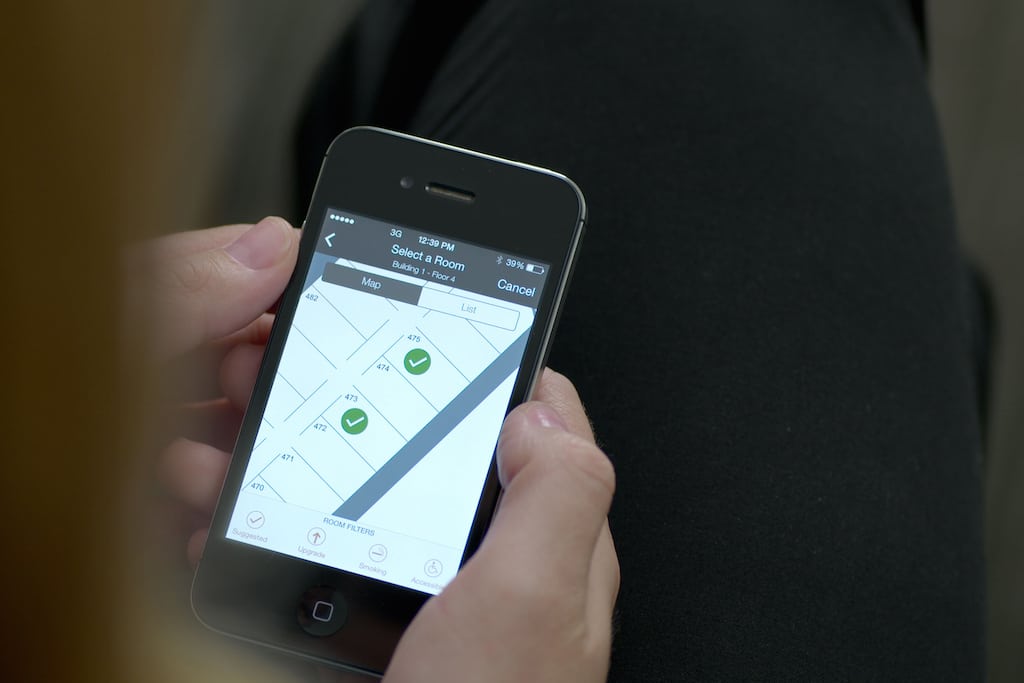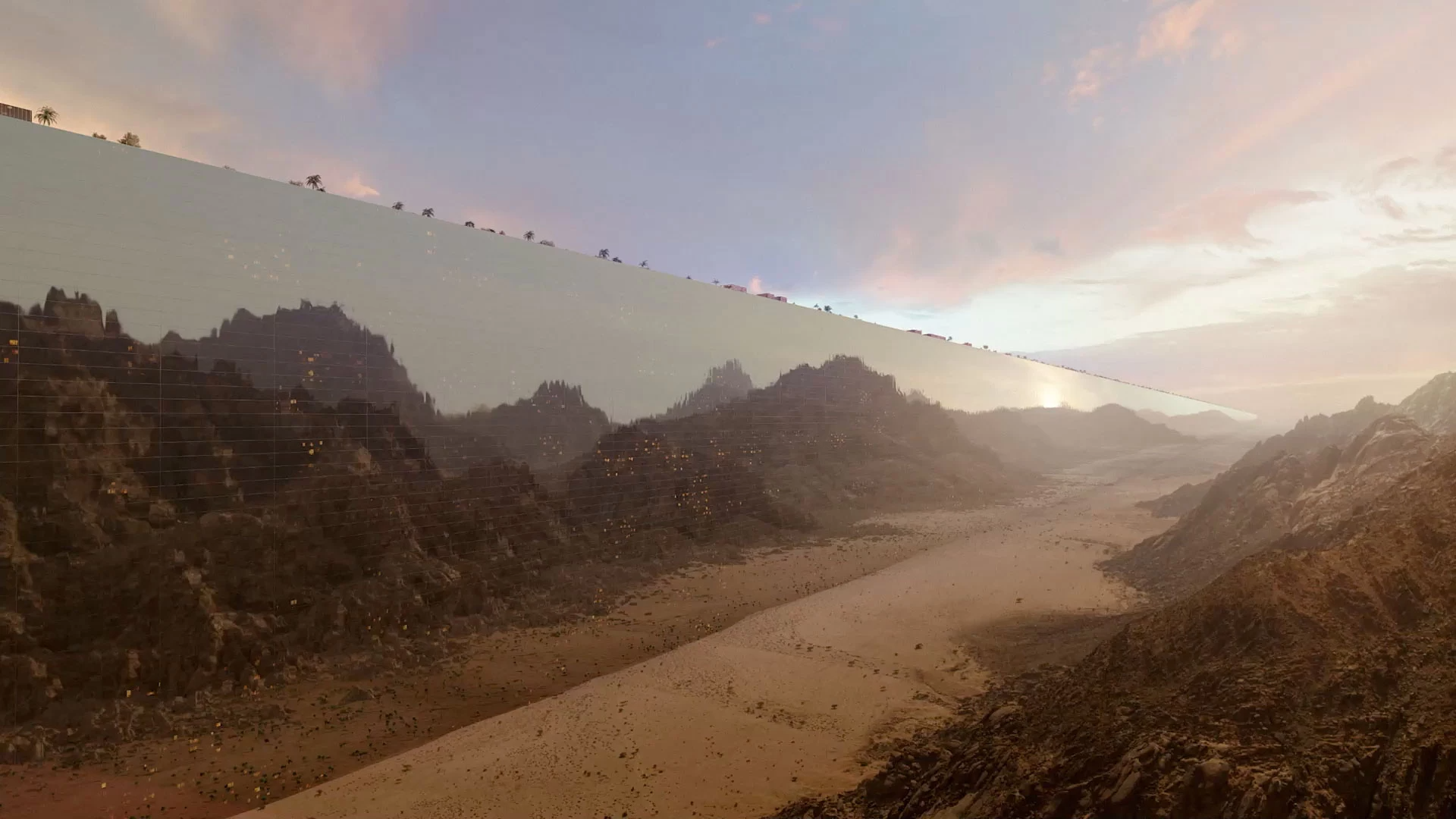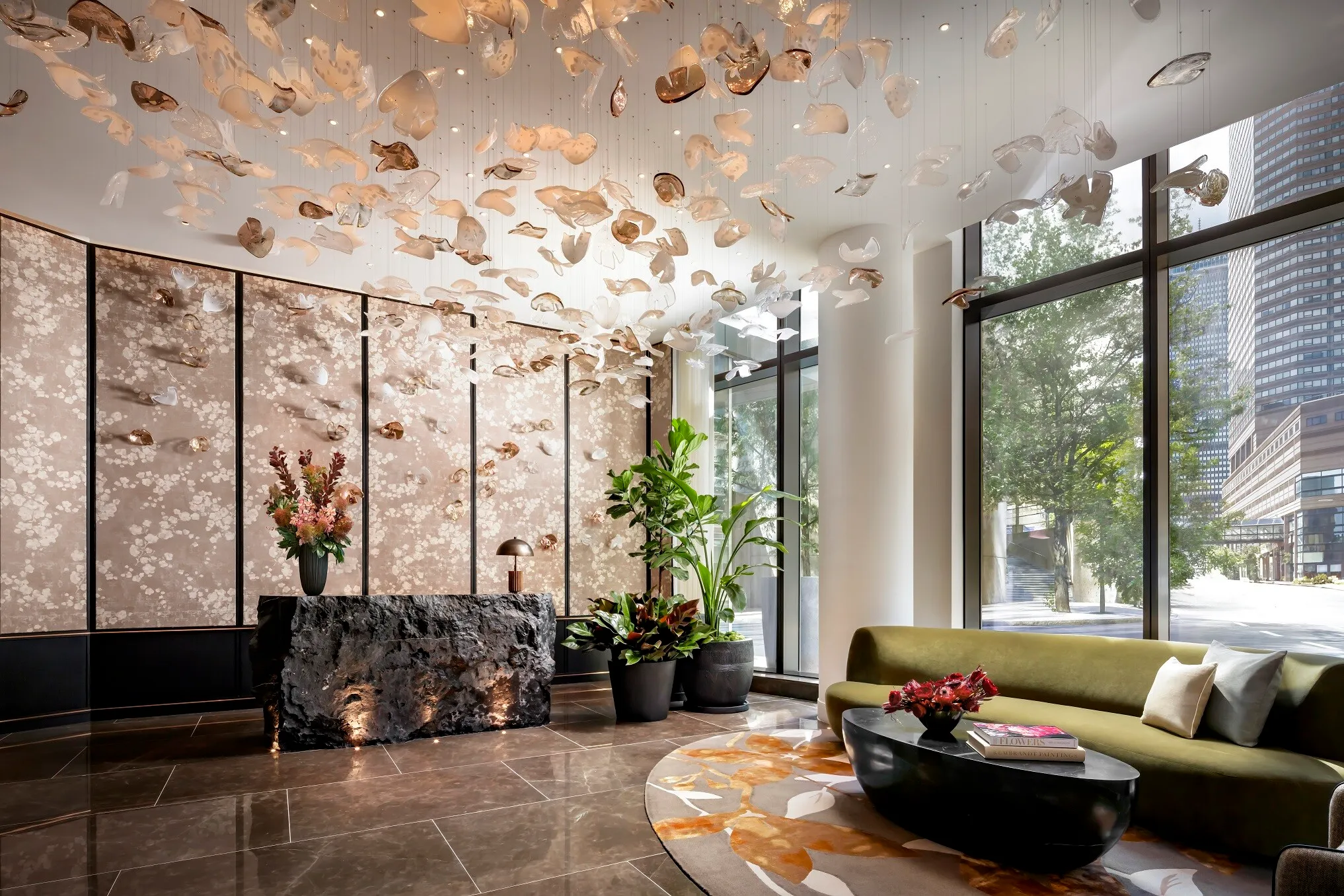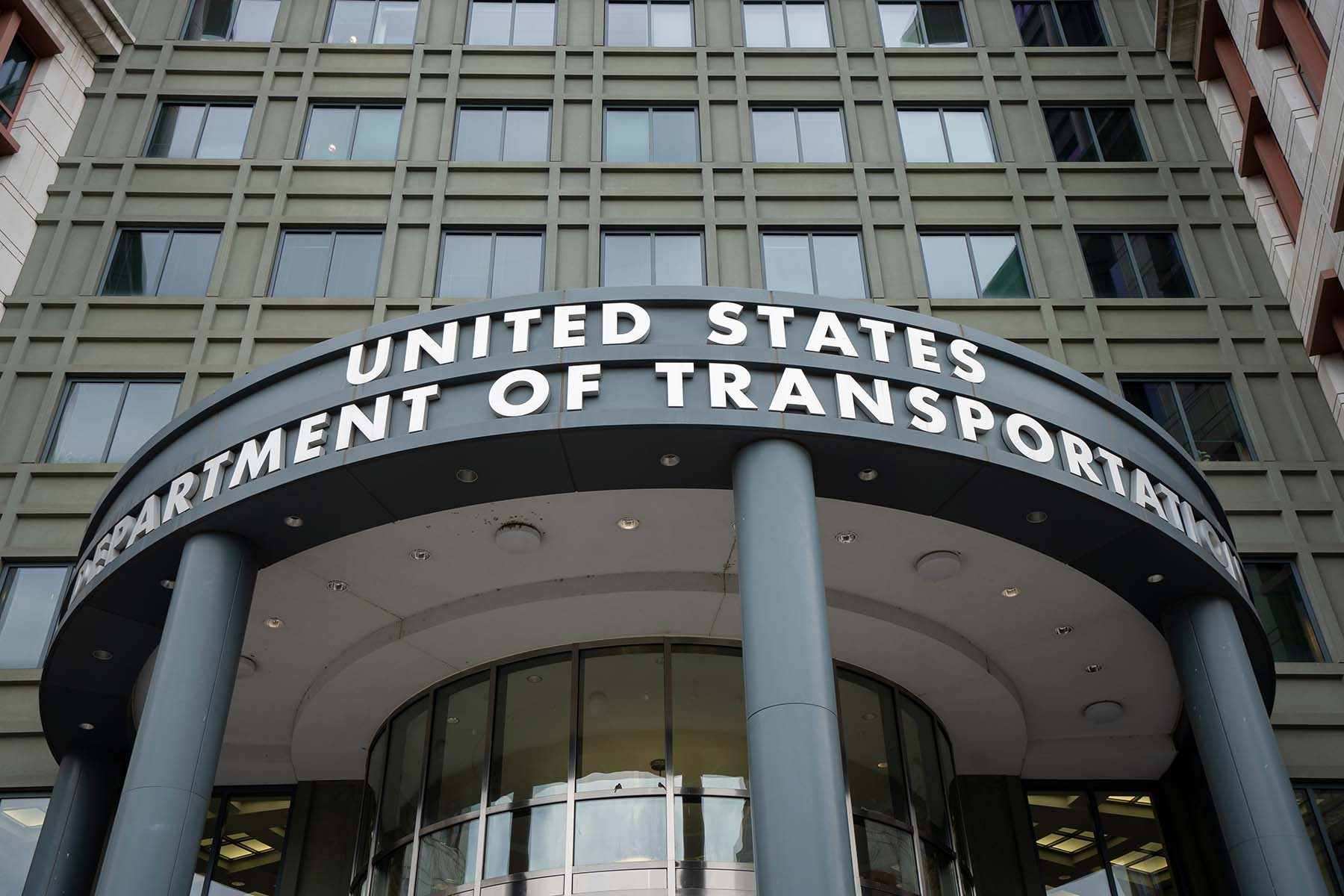This Is 2016. Why Can't We Still Book Specific Rooms in a Hotel?

Skift Take
Have you ever wondered why it is you can't, in most cases, book the exact hotel room you want? You know, the room that's not near the elevator, but close enough to the ice machine (but not too close), and with views of the beach instead of the hotel parking lot.
We get to pick our own airline seats (even if we often wind up with the middle seat), so why is it that we can't do the same with our hotel rooms?
This is something only one major hotel chain, Hilton Worldwide, and one hotel metasearch company, Room 77, which licensed its technology to Google two years ago, seemed to have figured out, to varying degrees.
A Tale of Two Apps/Sites
Using Hilton's mobile app, Hilton HHonors loyalty members can pick the exact room they want to stay in via mobile check-in starting at 6 a.m. the day before their booked stay. The feature debuted in the summer of 2014 on its mobile app, and last week, Hilton announced that it teamed with Google Maps to give guests a better perspective as to what kind of views their rooms will have, and where they are in relation to the hotel's surroundings. Rooms offered via digital check-in are available on a first-come, first-served basis.
However, as far back as 2011 or even further, Hilton had enabled its guests to choose their own rooms 36 hours or less before arrival on desktop. Back then, the feature excluded Hilton's upscale Waldorf-Astoria and Conrad brands, and the company was still testing out the pick-your-own-room feature to see if the demand was there.
Since Hilton's digital check-in with room selection launched on its app, that feature is now available at more than 4,500 Hilton Worldwide properties out of the company's more than 4,660. Guests have used the feature more than 13 million times, and Joshua Sloser, Hilton Worldwide's vice president of digital product innovation, estimates that one in four Hilton HHonors members is using the feature.
Sloser says that guest demand and the popularity of the feature prompted Hilton to reach out to Google to use its Google Maps application program interface (API). "Guests wanted more," he said. "They told us they were toggling between the app and Google Maps to try to figure out where their room was. So we put the two together into one seamless experience."
Before Hilton added specific room-booking to its mobile app, hotel metasearch startup Room 77 was already developing this kind of technology. Founded in 2009 and accumulating nearly $44 million in funding from the likes of Expedia and Concur, to name a few, Room 77's hotel metasearch engine, which debuted in 2011, was designed to help customers find not only the best hotel at the best price, but to be able to pick the best room for their stay.
"I think we were early in the market, and ahead of the market in building out this kind of technology," said Drew Patterson, CEO of Room 77 and its sister site, Check Mate. "With Hilton's announcement, you can see this experience really coming to life."
Like other booking sites, Room 77 struggled to gain a footing as it had to compete against companies such as Kayak, Google and TripAdvisor, which had either more marketing dollars or larger audiences. Still, by all accounts, Room 77's level of specificity and detail with regard to each room's views (especially the 360-degree views), surroundings, and preference list is more comprehensive than that of Hilton's.
While the site was initially launched to be more consumer-facing, Room 77 is currently trying to license its room-view technology to third parties that include hotel companies.
Even though Hilton's room-specific information may be more limited in its scope than Room 77's is, only Hilton allows guests to actually check into a specific room that they have chosen. When you book property direct via Room 77, the site will make a request to that property for a particular room, but it cannot guarantee you will be checked into that room.
Why that's the case has to do with bigger reasons as to why it's still a challenge for guests to be able to pick their own exact rooms, even in 2016. Here's why:
Airlines Aren't the Same as Hotels
Logistically speaking, it's so much easier to assign seats on a plane than it is to assign rooms in a hotel, no matter how big or small that hotel is. Hotel room inventory is always in a constant state of flux. People check in and check out at all hours of the day, and the lengths of stays for guests vary, too.
It's not at all like that when it comes to the airlines. All passengers embark and disembark at fixed times on a particular flight. The number of aircraft types is relatively small compared to the diversity of hotel rooms. Suffice it to say, it's way easier to run a site like Seat Guru than it would be to operate a site detailing the specifics of each hotel property.
The impact of specific room assignments also reverberates throughout hotel departments, from front desk to laundry and housekeeping.
There's also the fact that hotel management, traditionally, has always had control over which guests get which rooms. "Pilots don't assign seats," said Patterson. "But hotel general managers often feel like they need to have that kind of control with their rooms."
What also makes it easier for airlines? The fact that they're aren't as many of them as there are different hotel companies, brands and independent properties.
"Airlines are network businesses that are consolidated," said Patterson. "They all own their own fleets, infrastructure, and technology, so centralized decision makes can easily deploy customer experiences like this. Brands don't own most of the hotels they manage and the franchisees and individual properties, even within the same company, may not have the same software or property management systems."
There Are Too Many Different Property Management Systems Out There
There's no single property management system that all hotels are using, which makes it that much harder for hotels or booking sites to know exactly which rooms are available and when.
"One of the challenges that has slowed down innovation here is support from the property management systems," said Patterson. "That was one of the things that really held us back; how do those systems come together to allow this to happen?"
That hasn't been the case for Hilton, however.
"One of the corporate investments we made a number of years ago was tech-based: We have one system that drives our properties in terms of the reservations," explained Hilton's Sloser. "That made it a little easier for us to build on top of that backbone, to bring to life all the hotels and their various floor plans."
Even so, not every single Hilton property offers this feature, although the majority (about 97%) do. "There are still a handful that use slightly different technology," said Sloser. Still, for the most part, Hilton has been successful in offering this perk to its loyalty members, even if it was a big challenge to put it all together, and there are a number of complexities involved in syncing mobile check-ins and room selections with each hotel's own reservations system.
It's a Lot of Work
Even with most of its properties operating on the same reservations system, it was a monumental task for Hilton to effectively "digitize" the hotel layouts of more than 4,500 hotels around the world, and make sure those layouts are all to scale. Sloser said his team had to coordinate the collection of thousands of room layouts and assets to complete the project.
Not only that, but Hilton also had to make sure it trained more than 80,000 front-line employees about the feature.
"Hotel front desk staff were used to be able to manage every single check-in at the front desk," Sloser said. "This was a change for them with learning how to allocate rooms and make sure guests can pick the right room for them."
Likewise, Room 77's Patterson said the "biggest challenge" with developing the room-specific tools and information that the company offers was "building out the digital infrastructure to do that digitization."
The Future of Choosing Your Own Room
So, when will the other hotel brands start to offer the same feature?
We reached out to other major hotel companies like Marriott, Hyatt, and InterContinental Hotels Group to ask if/when they might start to offer guests the ability to choose their own rooms. Hyatt said it was looking into it, but none of the brands gave any indication that this would be a reality any time soon.
As the hospitality industry becomes more consolidated, and more big brands choose to adopt a single reservations/property management system, it could conceivably become easier for hotel companies to offer this to their guests.
"There's no doubt this is coming," said Patterson. "There's a real appetite for experiences like this. We think it will become far more common place. I think other brands will do the same [as Hilton]."
Not only that, but as Google gears up to debut its new Google Trips app, we wonder if Google will integrate the room-picking features it licensed from Room 77. Google doesn't currently do any hotel bookings on a routine basis, although it has done limited testing of the feature.
While Patterson said he doesn't know what Google is planning to do with its own app, he said that to be able to do what Room 77 did and what Hilton is currently doing with room information requires "a data provider with some real scale, and Google does that."
He added, "There's no doubt there's a need for better tools for travelers in the market. The challenge for Google is how do you get people to download that app?"




